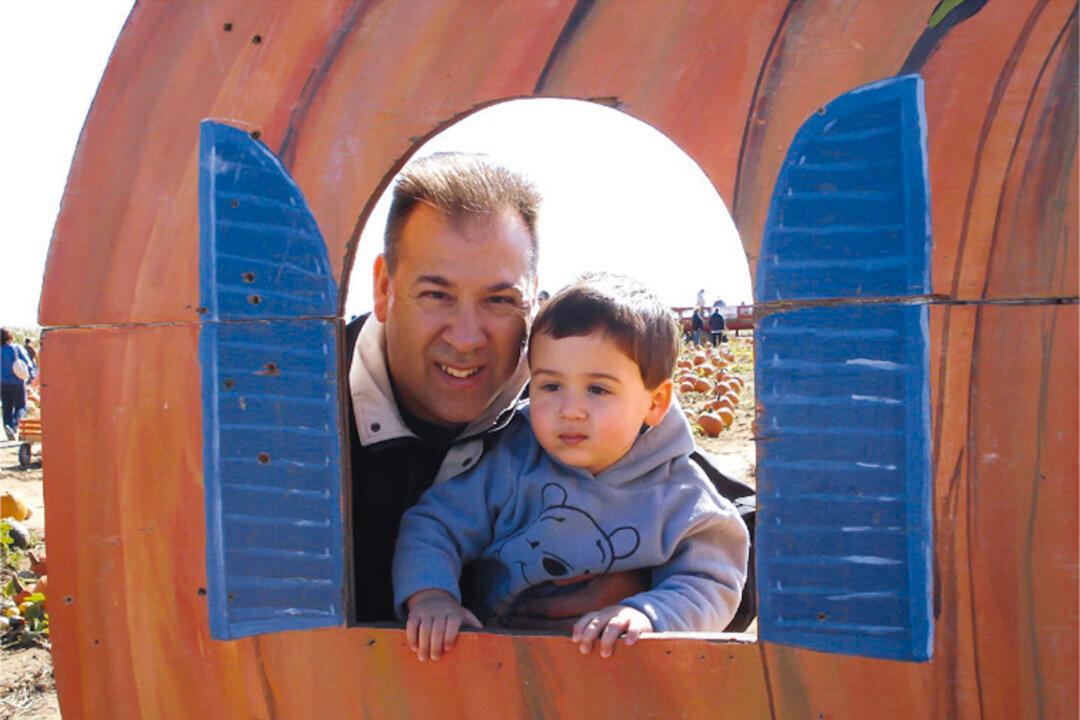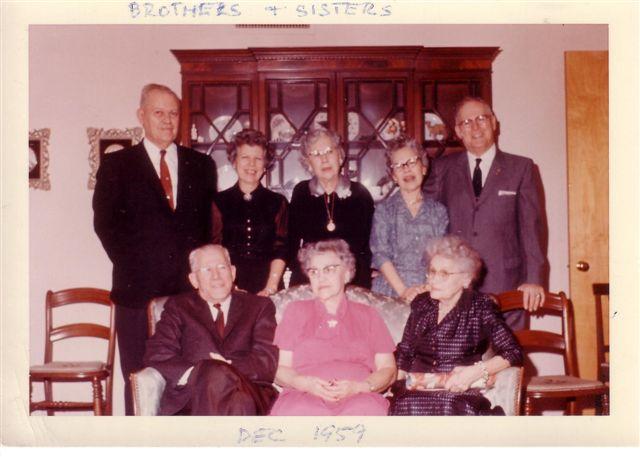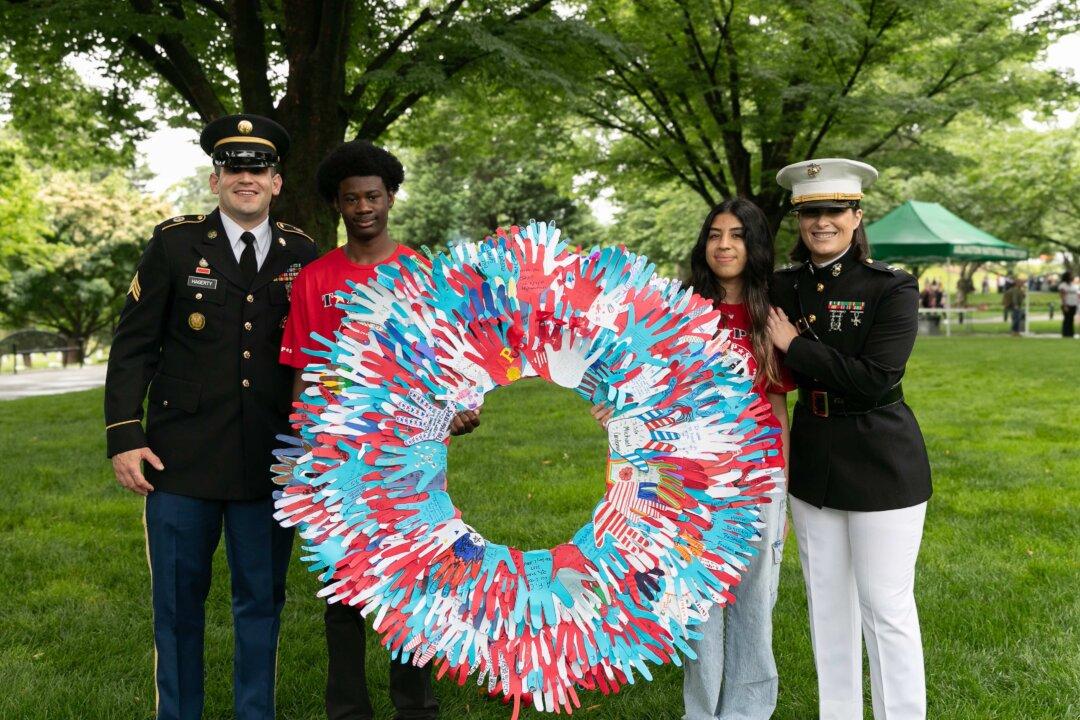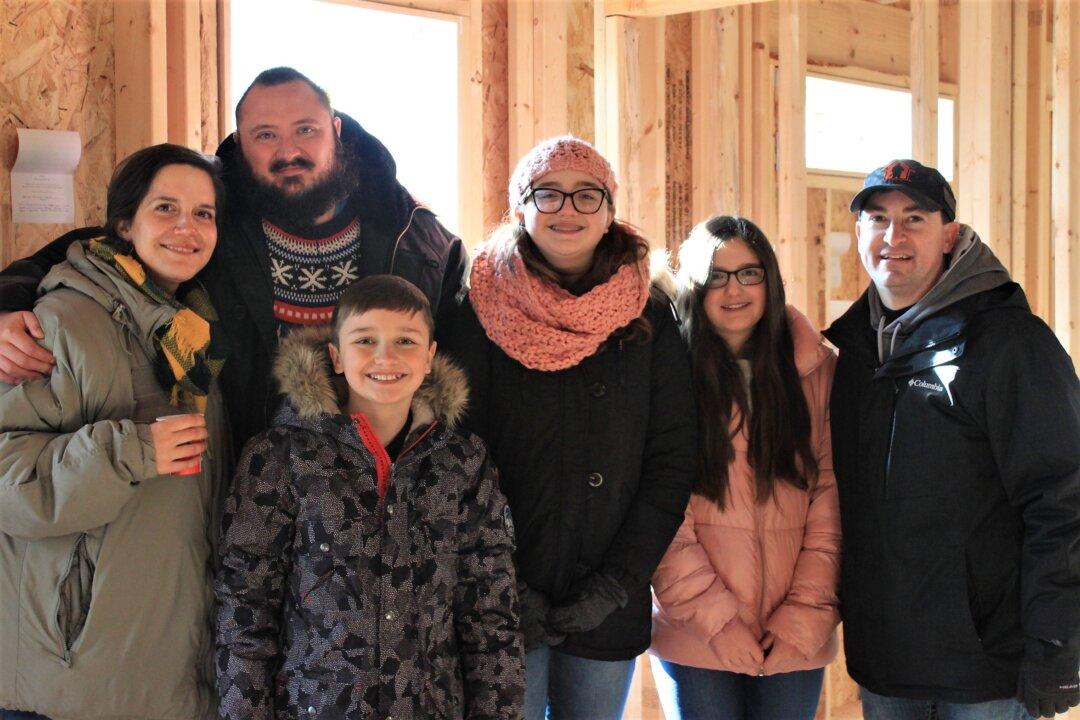Ten years ago, Joe Lewis had an incredible idea.
Retiring from active duty in the United States Armed Forces in 2013, Lt. Col. Joe Lewis found a new purpose: to give hope to the children of mothers or fathers who died while serving as first responders or in the United States military.





